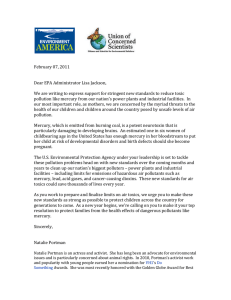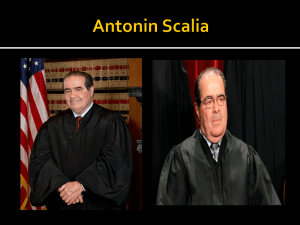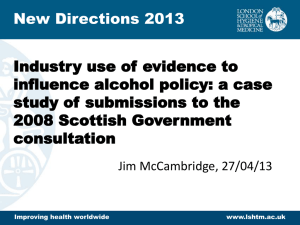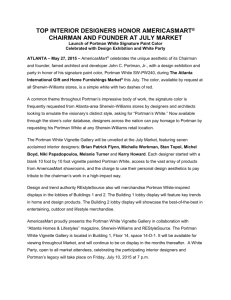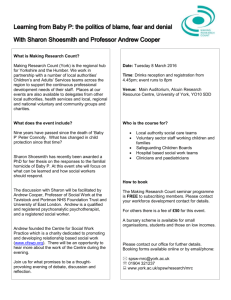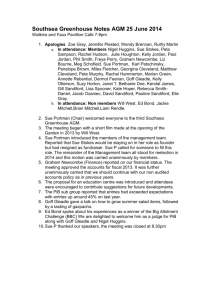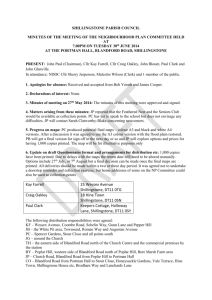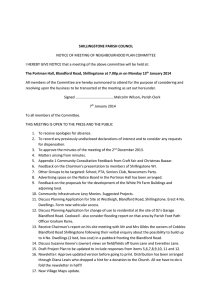15.660 Strategic Human Resource Management MIT Sloan School of Management
advertisement
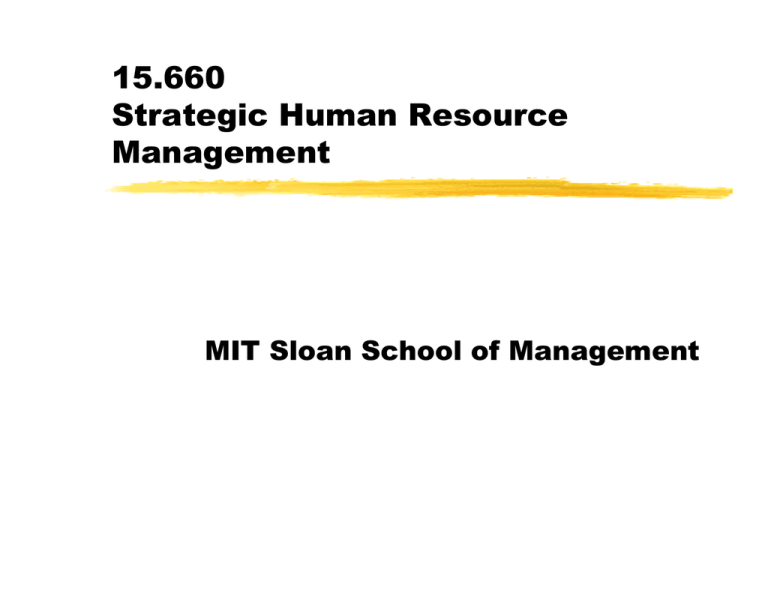
15.660 Strategic Human Resource Management MIT Sloan School of Management Objectives ? Review lessons from Southwest Airlines case ? To link explicitly a firm’s strategy and key success factors to its HR policies and practices ? To evaluate the economic costs and benefits of Portman’s strategy ? To consider how HR alignment and consistency relate to the execution of strategy Portman Hotel 1. What evidence is there that Portman is having problems? 2. What are the causes of these problems? 3. To what extent are Portman’s human resource policies consistent with its strategy? With each other? 4. What should Portman do? How much should Portman be willing to spend to solve their problems? Portman’s Vision “We know that if we want customers treated better we should treat each other better. We want to make the Portman the most fulfilling, fun work experience that anyone on the staff has ever had. We want to be the best employer in San Francisco, to show our trust and pride in each person on our staff, and to work in ways that help each person to grow, both personally and professionally.” Are Are Portman’s Portman’s HR HR Policies Policies Consistent Consistent with with their their Strategy? Strategy? Internally Internally Consistent? Consistent? • Vision/philosophy • Recruiting • Participation • Staffing • Cross utilization • Job design • Teams • Training • Base pay • Incentive pay • Benefits • Job security • Ownership • Information sharing • Measurement of practices • Long-term perspective Portman Hotel How much should Portman be willing to spend to fix the problems you’ve identified? Portman PortmanHotel Hotel Pat Mene Managing Director Assistant Manager (Vacant) Spencer Scott Guest Room Services Director of Marketing Joe Villa Director of Human Resources Job Design Considerations Core CoreJob Job Dimensions Dimensions Skill Variety Task Identity Task Significance Psychological Psychological States States Meaningfulness Work Work Outcomes Outcomes Intrinsic Motivation Quality Autonomy Responsibility Satisfaction Feedback Knowledge of Results Absenteeism Turnover To Enrich Jobs, Consider the Following... Task Identity Form Natural Work Units Skill Variety Combine Tasks Task Significance Establish Client Relationships Autonomy Increase Task Responsibility Feedback Open Feedback Channels Job Design Considerations Technological efficiency. Are the tasks performed efficiently in terms of level of output per unit of labor input (adjusting for the cost of labor inputs)? Flexibility. How flexible is the organization in adjusting to both temporary and more permanent changes in its external environment? Explicit extrinsic incentives. To what extent can (must?) workers be given explicit, extrinsic incentives that will lead them to act in the fashion desired by the organization? Job Design Considerations Cont’d Intrinsic motivation and commitment. To what extent are workers intrinsically motivated to perform well? To what extent does the job design encourage or foster commitment to the organization? Social aspects. Does the job design foster positive peer pressure and discourage negative peer pressure? Are social comparisons fostered or defused? Do workers benefit from positive social interactions on the job? Narrow Jobs Technological efficiency (pin factory) Learning easier Incentives easier Broad Jobs Uses peoples minds Creates organizational flexibility Increases organizational commitment (more social interaction) Conclusion ? Next Class: ? NUMMI
